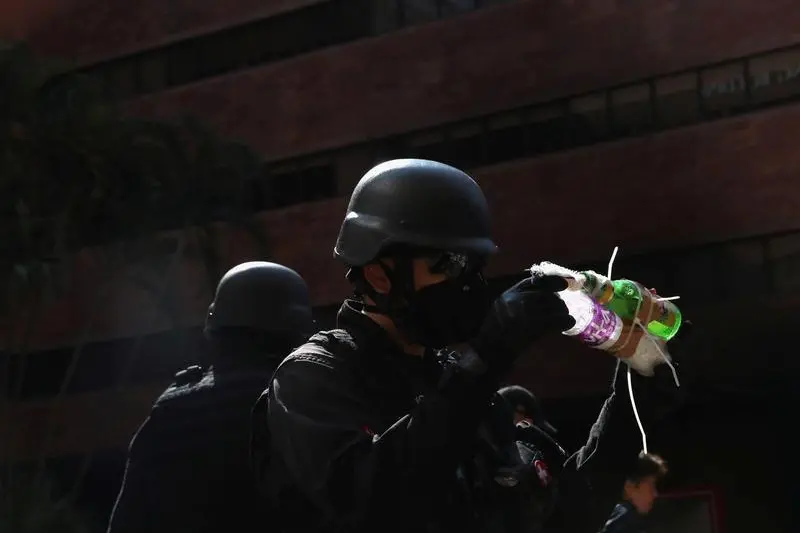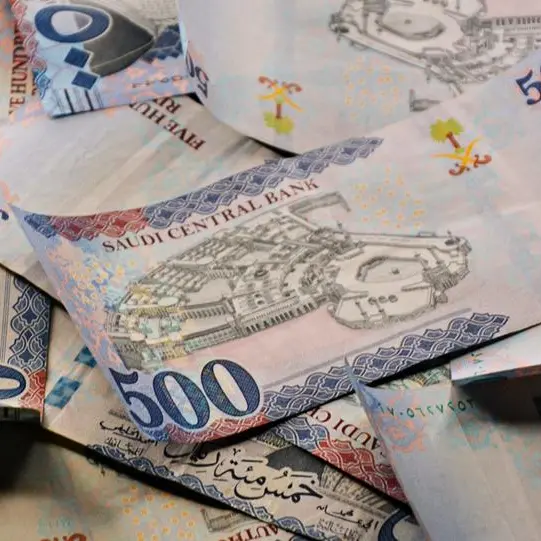PHOTO
HONG KONG - The future of Hong Kong is fuzzy these days, but the city’s violent demonstrations have helped bring a broader issue into clear focus: antagonism between Washington and Beijing will be here for some time.
On the eve of America’s Thanksgiving holiday, President Donald Trump signed a law effectively backing Hong Kong protesters, who have been railing against the government for six months by marching peacefully, disrupting transport networks and hurling petrol bombs at police using tear gas and other munitions. Beyond the symbolic show of support, the legislation requires the U.S. Department of State to certify each year that the territory is “sufficiently autonomous” from the rest of China to justify special trade treatment. It also allows the United States to slap sanctions on anyone violating the human rights of Hongkongers.
Trump only endorsed the legislation begrudgingly. As Congress nailed down the final language in recent weeks, he prevaricated over backing it. And in cryptic and unexplained statements on Wednesday, the president said he ultimately agreed “out of respect” for his Chinese counterpart, Xi Jinping, while suggesting he might not be able to follow through on some provisions.
The comments seemed designed to mollify Xi, whose government has challenged what it considers U.S. meddling in domestic affairs and threatened retaliation if the Hong Kong Human Rights and Democracy Act were to pass. Facing an intense re-election campaign, Trump is eager to tout even a limited trade deal with China. He will have been reluctant to irk Xi given the precarious state of negotiations.
Anti-China sentiment was too powerful, however. The Hong Kong bill would have easily met the two-thirds majority needed in each chamber of Congress to override a presidential veto. The issue has united Democrats and Republicans despite their bitter divisions over impeachment proceedings in the House of Representatives.
Other Chinese concerns also have secured bipartisan support. For example, Democrat Chuck Schumer and conservative Republican Tom Cotton recently wrote a joint letter to intelligence officials asking for a national security probe of video app TikTok, which is owned by China’s ByteDance. The rare consensus signals that American friction with China will outlast any agreement on tariffs – regardless of whether Trump stays in the White House.
CONTEXT NEWS
- U.S. President Donald Trump on Nov. 27 signed the Hong Kong Human Rights and Democracy Act, implementing a new law that requires the Department of State to certify annually that the territory is “sufficiently autonomous” from China to justify special treatment on trade. It also allows the imposition of sanctions against individuals deemed to be violating human rights in Hong Kong.
- The legislation had been approved unanimously in the U.S. Senate and by all but one lawmaker in the House of Representatives.
- Trump said, without elaboration, that certain provisions of the act “would interfere with the exercise of the President’s constitutional authority to state the foreign policy of the United States.”
(Editing by Peter Thal Larsen, Katrina Hamlin and Sharon Lam) ((jeffrey.goldfarb@thomsonreuters.com; Reuters Messaging: jeffrey.goldfarb.thomsonreuters.com@reuters.net))





















